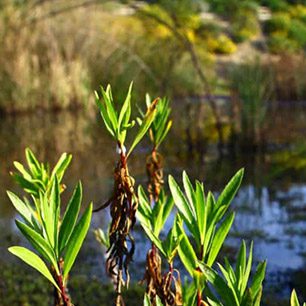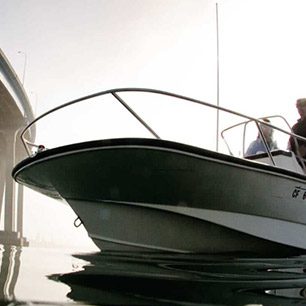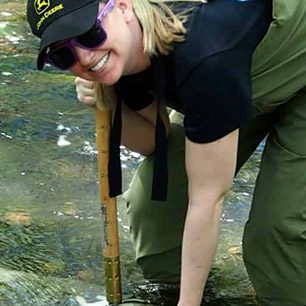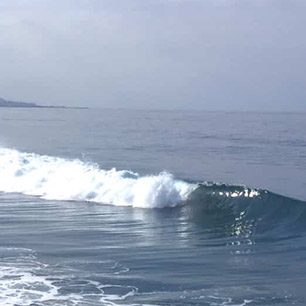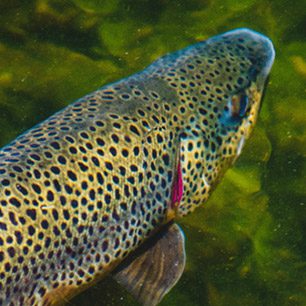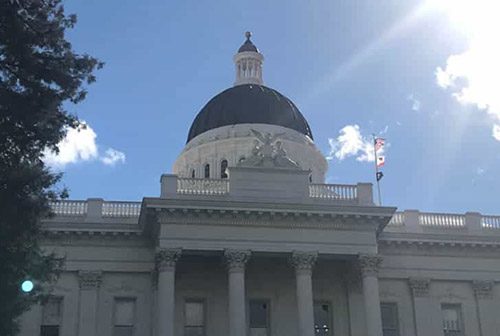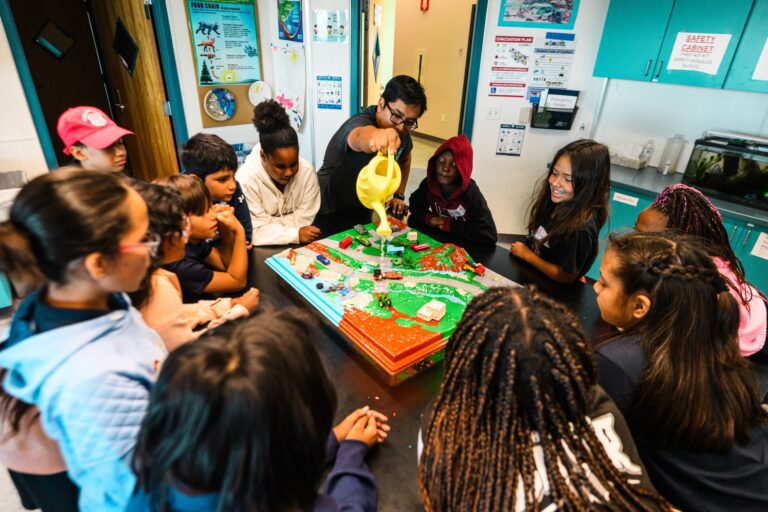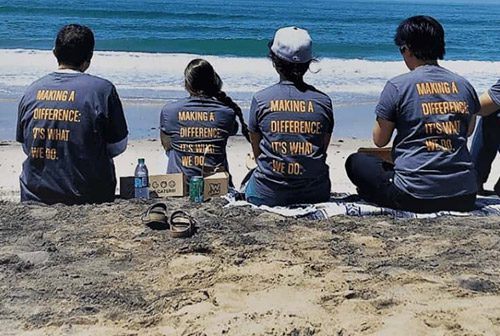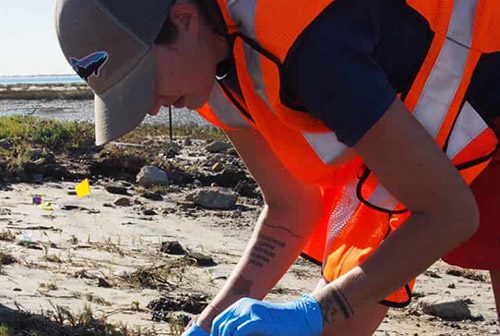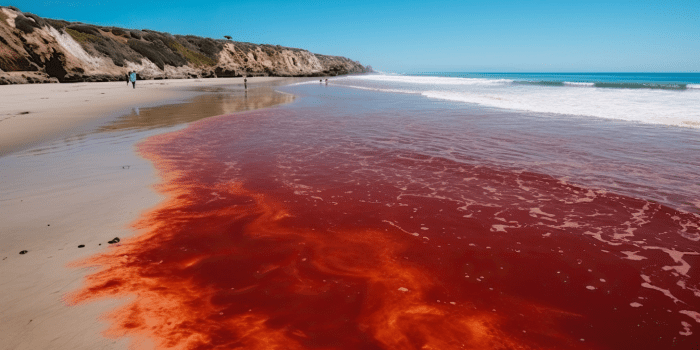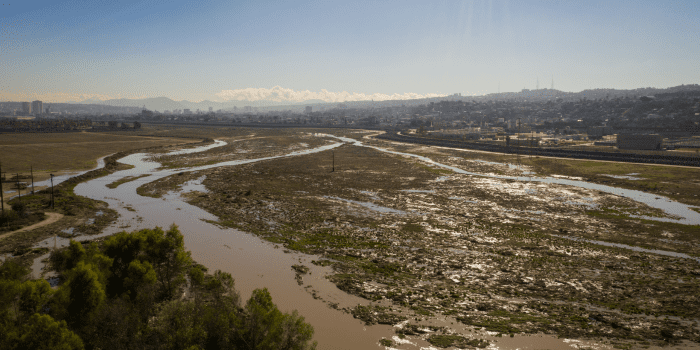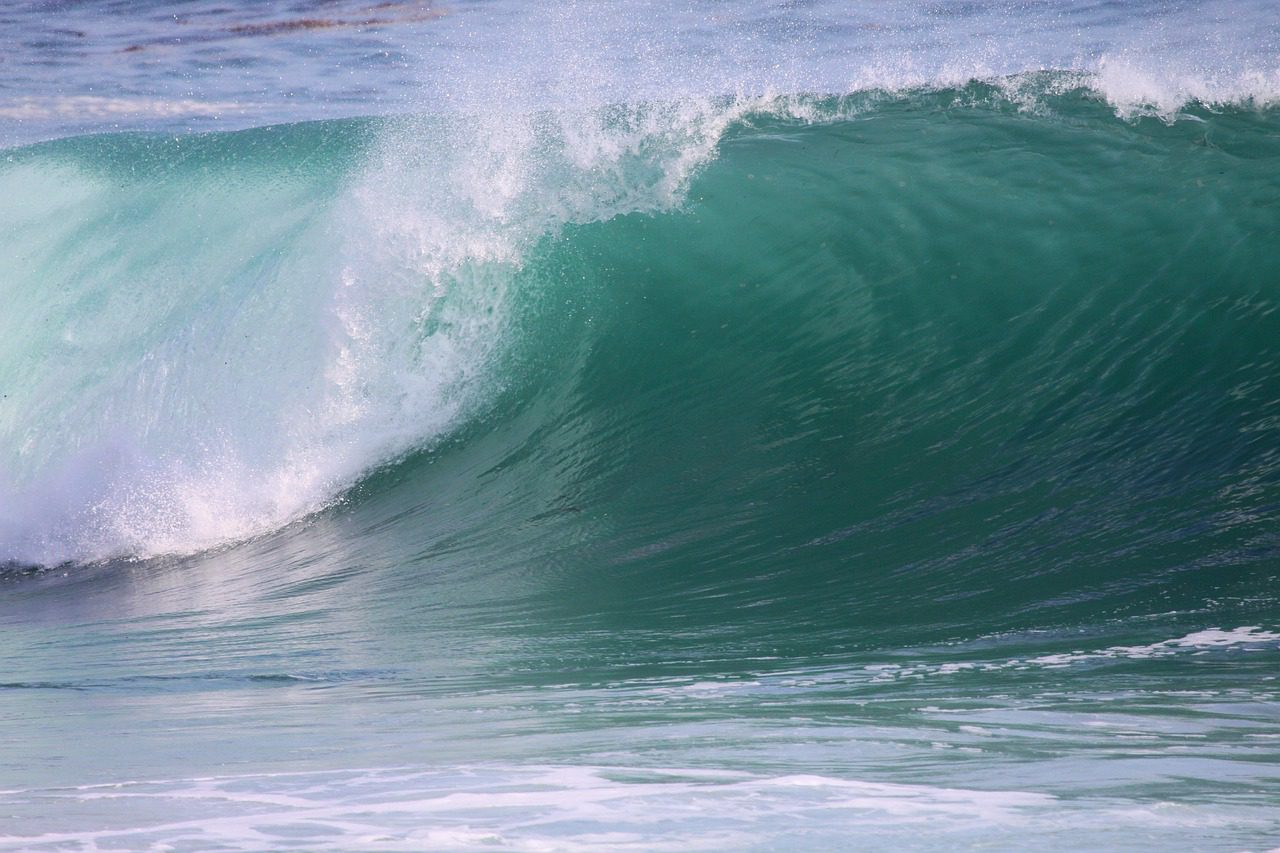Our Tijuana River water quality tests from last week got me thinking about the safety of food grown at Suzie’s Farm, located in the Tijuana River Valley. I receive my Community Support Agriculture (CSA) box from Suzie’s Farm every Wednesday, and I wondered if the water quality of the Tijuana River put my organically certified grown food at risk.
So I asked.
Lucila, who owns the wonderfully titled job of Head Weed Puller, responded with this note:
Being a USDA certified organic farm we are concerned with water quality too. We use a well that is tested yearly and certified. The well has been found to be at a level consistent with 10,000 years ago; so it’s pretty deep. Our well water is then run through a reverse osmosis system, so the water with which we irrigate our fields is more pure than San Diego City water. We do not irrigate with water from the river.
Feel free to contact us with more questions or concerns regarding our water quality or any of our agricultural practices.
This means that Suzie’s Farm grows the food I serve for dinner with water so pure, it’s better than what comes out of my tap. Which begs the question, could this process be used to help with our currently endangered water supply?
At Coastkeeper, we advocate for a wasterwater purification process to help our region find reliable sources of water. The Point Loma Sewage Treatment Plant currently treats sewage and pumps it into to our ocean. Rather than dispose of that water, we want the city to run it through a similar reverse osmosis process used by Suzie’s Farm so that we can add the highly purified water to our drinking reservoir, and thus increase our water supply. It’s water so pure, it’s drinkable.
You can learn more about this process, called Indirect Potable Reuse, on our website. And I’d love to hear your thoughts on this potential water supply.
